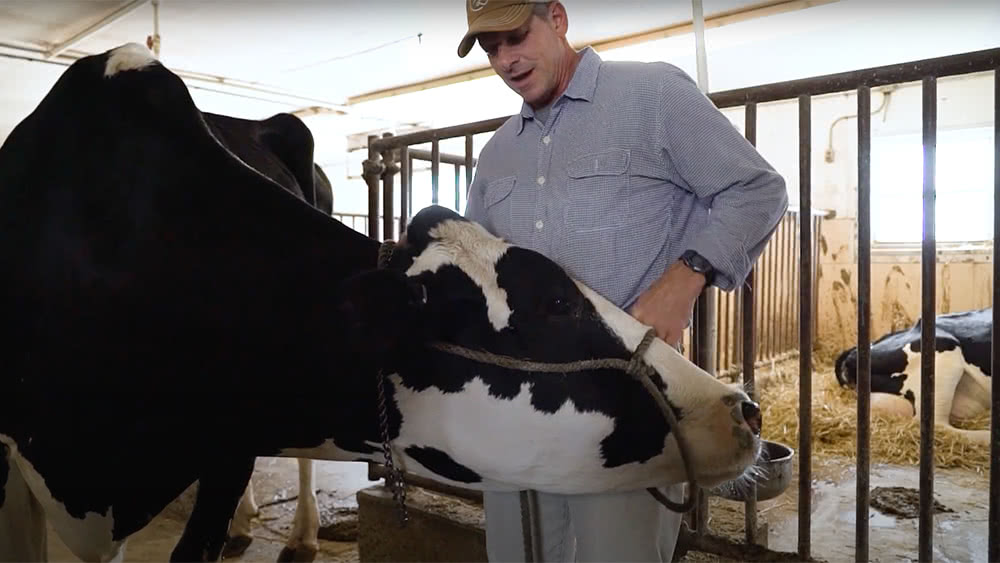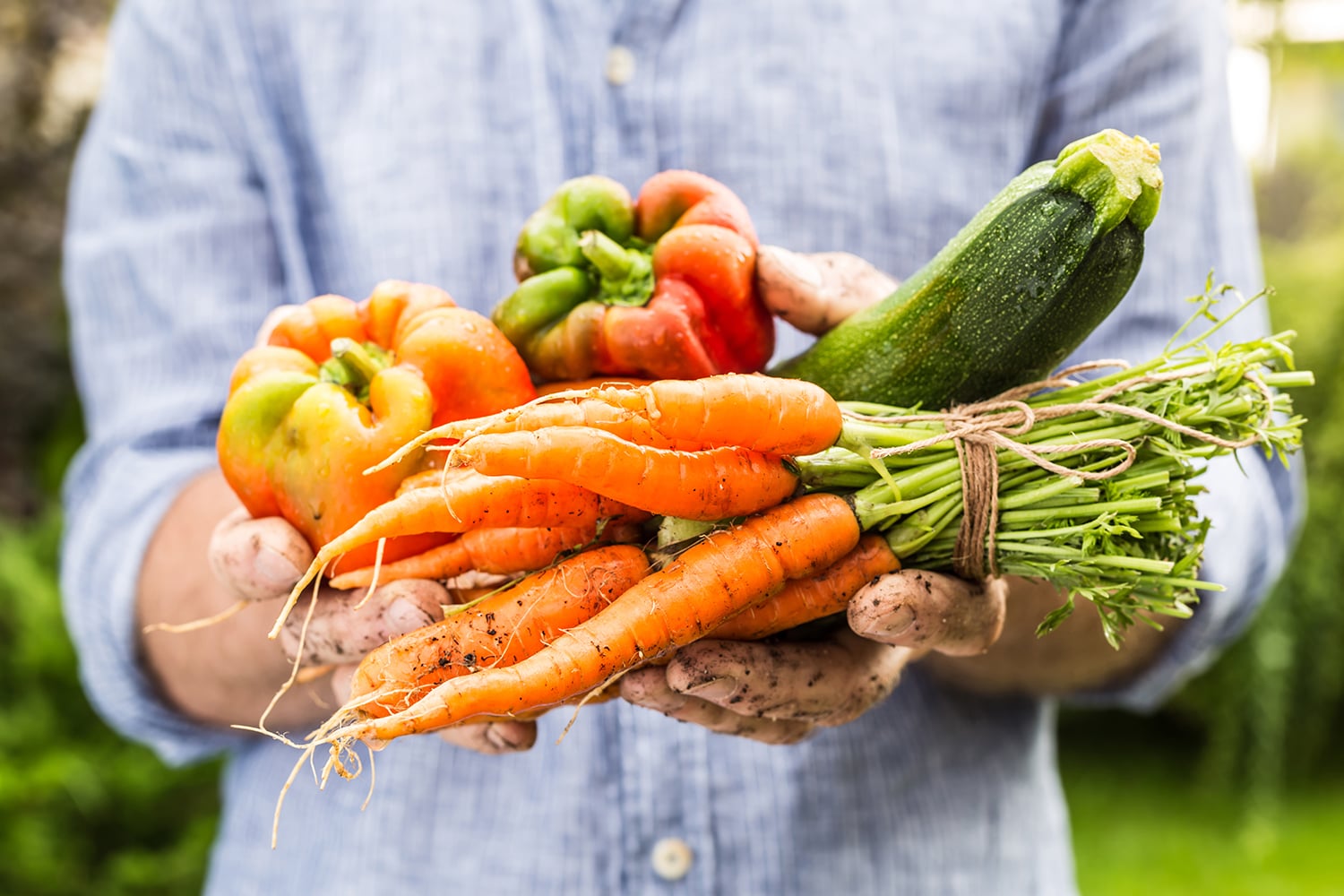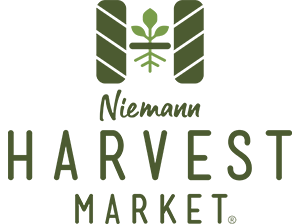What is a "Food Philosophy"?
Niemann Harvest Market Guiding Belief Principles
When everything is available, accessible and within reach, the problem for consumers becomes not one of scarcity but abundance. Every year, companies, large and small, release thousands of new food products to add to the enormous list already available. Amid the glut, how do you find what is right for you? How do you separate the wheat from the chaff?
A Food Philosophy helps us, Niemann Harvest Market, separate out, or curate, great products and present them to you, the customer. Customers are asking, who can I trust in helping with my choices? Recommendations allow us to find what we might love (like a matchmaking service), to find inspiration and to fulfill our pragmatic needs without wandering in the aisles. The act of curating is as valuable, one might argue, as the things and products themselves. Isn’t the Google search algorithm a form of curation? Curation is only going to loom larger in our lives as time goes on, and our food options continue to multiply.
The most trusted and effective curation comes from our friends, who recommend new products, recipes, meals, restaurants and sources to us. Personal curation initiates a kind of gift-giving process, as an exchange of information may in turn lead you to recommend something to others in the future.
Components of a Food Philosophy
A food philosophy statement includes a set of principles that explain what guides us, how those guiding ideas affect our decision-making and what outcomes we are aiming for. Whether written down or not, all people and organizations have a philosophy. This Niemann Harvest Market Food Philosophy statement will spell out the filters we use to decide on featured products and our guiding belief principles.
Know the Farmer. Know the Maker. Know the Source.
Know the Farmer
Whenever possible, we will visit the fields where the product is grown or the source of production—or both. We want to be able to say that we stepped on the soil, smelled the fields and saw the farm first-hand. We toured the manufacturing process or heard the machines and saw the tools at work. Above all, we talked with these people, shook their hands and looked them in the eye. We got to know them and tried to understand what they’re all about.
Talk to the Farmer or Maker
of each product featured here.
A Note of Clarification
To be clear, our Know The Farmer Standard includes a wide range of different steps in the overall process that takes a product from growth or production, through processing and manufacturing, distribution and transportation, and finally to the store shelf and into the homes of our customers. When we state that Niemann Harvest Market should Know the Maker, that also means the Processor or Manufacturer, whether it’s The Butcher, The Baker or The Candlestick Maker. Many products have a large number of micro-steps involved in their production. And while we don’t need to meet every single organization or individual involved (e.g. the independent truck driver transporting produce from the fields to the processing plant that makes strawberry jam), we want to know the key players.

It has to Taste Better. It has to Be Better.

Taste the Difference
In the end, the ultimate test for any product that we feature is that it has to taste really great and be of high quality. There’s no use in supporting a local producer or a small batch farmer product if the product doesn’t taste great.
What is great taste?
For example, how can we credibly distinguish a good egg from a great egg? Through our Taste-Testing the Farm Difference Process, a team of Niemann Harvest Market leaders, chefs and regular folks, including shoppers, vote with their taste buds. And when products make it through that process, they’ll receive our “blue ribbon” seal of approval.
Featured Niemann Harvest Market Products Taste Excellent
and will have received our seal of approval.

